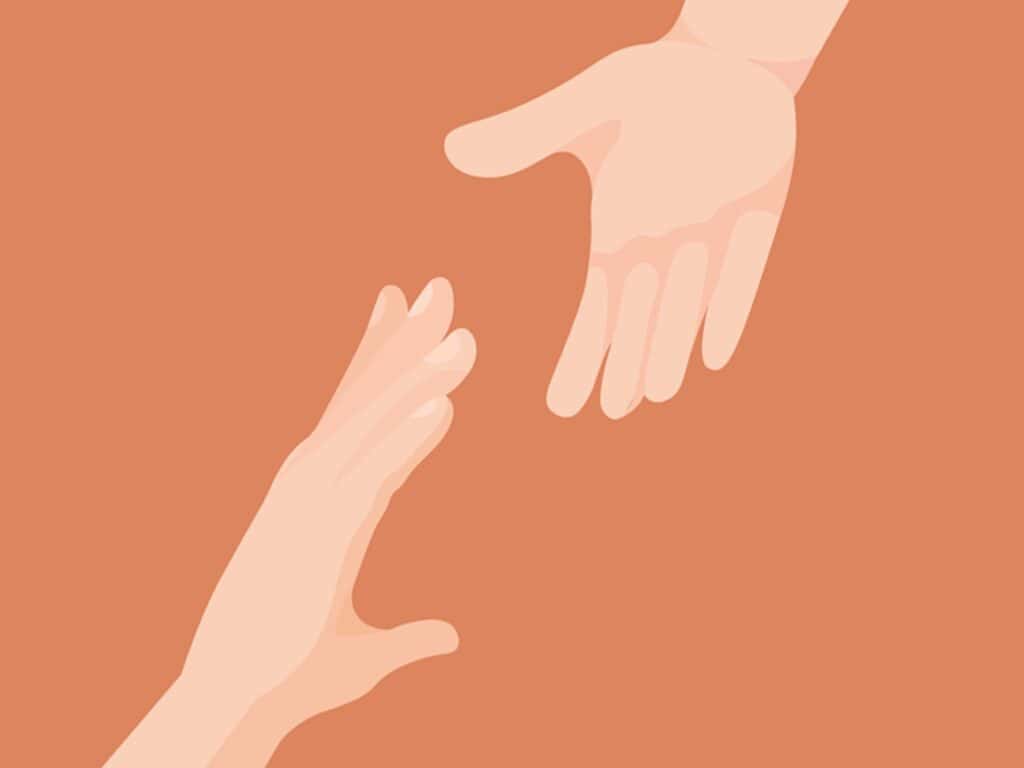What is Heroin?
Heroin is made from morphine, which comes from the seed of the opium poppy plant. Heroin users either inject, sniff, snort, or smoke it. Heroin, an opioid drug, can be found in the form of a white or brownish powder or a black, sticky substance commonly referred to as black tar heroin.
Similar to other opioids, heroin is a highly addictive drug that almost always requires professional treatment and detox in order to quit using and manage difficult withdrawal symptoms.
Effects of Heroin on the Brain
When heroin is used, it quickly enters the brain and binds to the opioid receptors. These receptors control feelings of pleasure and pain and, when flooded with heroin, produce a sedative, heavy feeling throughout the body.
The initial effects of heroin may relieve muscle pain or cause euphoria, but long-term drug abuse can lead to adverse effects as well. The more heroin users increase their heroin use, the more physical dependence they will have on the drug to feel any joy or happiness in life, greatly affecting their mental health. This is a significant reason why heroin is so highly addictive.
What Heroin Does To Your Body
Heroin use can lead to short-term side effects and long-term side effects. Short-term side effects can include:
- Dry mouth
- Nausea and vomiting
- Shallow breathing and/or respiratory depression
- Severe itching
- Difficulty with mental functioning
- Being conscious and semiconscious
- Withdrawal symptoms when not using heroin, even for a short period of time
- Warm flushing feeling due to the dilation of blood vessels
- Heroin overdose
Over time, long-term heroin use can begin to produce the following side effects:
- Trouble sleeping
- Sexual dysfunction
- Liver and kidney disease
- Damaged tissues (including in the nose)
- Collapsed veins (when the heroin is injected)
- Depression and other adverse mental health effects
- Avoiding social situations
- Abscesses infections of the heart lining
- Blood poisoning or blood-borne viruses
- Muscle and bone pain
- And many others
Other Risks of Heroin Use Disorder
Besides the long and short-term effects of heroin on your health, other issues from drug abuse of this nature include the following:
- Heroin addiction causes a public health crisis in the form of overdose deaths, infectious diseases such as HIV/AIDS and hepatitis b, and increased healthcare costs
- The illegal nature of heroin often leads to an increase in crime, including drug trafficking, theft, and violence among users and dealers
- Black tar heroin, the black sticky substance, is less refined compared to other forms of heroin, often containing impurities and additives that can increase health problems more than other opioid use
- The white or brownish powder form of heroin may be laced or cut with other substances, such as powdered milk or fentanyl, that can lead to unpredictable and potentially harmful outcomes
The effects of heroin addiction can strain relationships, break up families, and lead to neglect of self, legal obligations, and parental duties. This greatly impacts heroin users’ families and their communities in a way that doesn’t have the same effect as other drugs.

Is it Possible to Overdose on Heroin?
Yes. Anyone who uses heroin is at risk of overdosing. Symptoms of heroin overdoses can include:
- Very low blood pressure
- Blue lips
- Slowed breathing
- Cold, clammy skin
- Convulsions
- Unconscious
- Hypoxia (decreased oxygen levels in the brain, which can lead to severe long-term mental effects)
What To Do If You Suspect a Heroin Overdose
If you suspect someone has a heroin overdose or opioid overdose, you should immediately call 911 and seek medical attention. You can also lay the person on their side so that they avoid choking.
How is Heroin Addiction Treated?
A drug rehab facility can provide a treatment plan to help you overcome your heroin use disorder and maintain lasting sobriety. According to the National Institute on Drug Abuse, effective treatments for heroin users include medications to combat withdrawal symptoms combined with behavioral therapies to manage cravings and ultimately achieve recovery.
Heroin detox is the first step in treating heroin addiction, as it helps remove the drug from the body. Detoxing from heroin can be uncomfortable, which is why it’s important to go through this process with health care providers’ support.
Once the detox process is complete, inpatient rehab can provide you with a structured, supportive environment that includes individual therapy sessions and group therapy. The purpose is to help you identify your underlying reasons for wanting to use heroin or other drugs in the first place and provide you with emotional tools to deal with life’s challenges in healthy ways.
Mental health services are also proven to be very effective when it comes to treating heroin addiction since it’s common for individuals with opioid addiction to have co-occurring disorders (such as anxiety, PTSD, depression, or others). The Substance Abuse and Mental Health Services Administration provides resources to guide health care providers in working through the root cause.
Through comprehensive strategies that encompass prevention, treatment, and recovery support services, the Mental Health Services Administration aims to reduce the impact of heroin addiction on individuals, families, and communities.

Get Treatment For Substance Abuse
Our team at Sunshine Detox and Rehab Center is here to help you get your life back from drug abuse. Each of our therapies and programs provides patients with a unique and individualized approach to care for both drug addiction and alcohol addiction, as well as co-occurring disorders.
Whether you are addicted to heroin or other drugs, contact us today to begin the treatment process. Our team is also available to answer questions related to your health insurance coverage for our therapies.